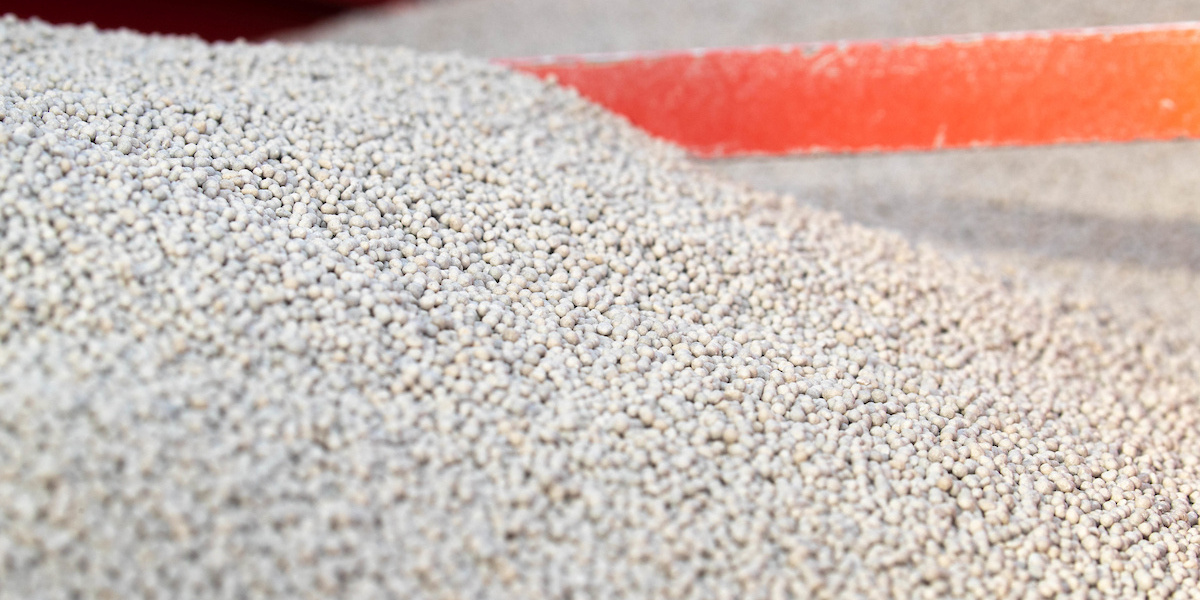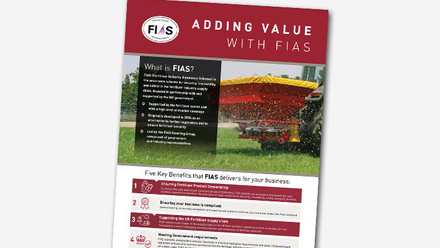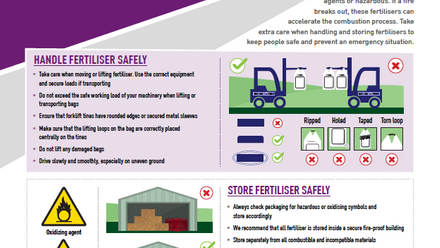AIC at 20: How FIAS secures the UK's fertiliser supply chain
Publish date
06 10 2023
Executive summary
The Fertiliser Industry Assurance Scheme (FIAS) was launched in January 2006 in response to Defra’s request for the UK fertiliser industry to introduce an assurance scheme to manage fertiliser security, safety and traceability following safety and terrorism incidents.
FIAS was developed by a steering group made up of industry and non-industry stakeholders, a working group of industry technical specialists and the process coordinated by AIC.
These groups continue to manage the strategic direction and the practical operation of the scheme. This includes regular reviews of the FIAS Standard.
The scheme continues to be relevant today as demonstrated by the Beirut explosion in 2020 where FIAS provided UK authorities and the public with confidence in robust procedures preventing such an occurrence here.
The scope of FIAS covers the whole supply chain of fertiliser from sourcing raw materials to delivery to the end user. FIAS standards are applied by a certification process managed by a UKAS-accredited Certification Body appointed via a tender process. Participant compliance with the Standard is audited annually by trained auditors.
Looking ahead, there are challenges to be met in the changing fertiliser market, regulatory reviews and sustainability issues while ensuring security, traceability and product safety are maintained alongside support and value for Participants.
Watch the overview video below.
This report was produced by:
Overview
Fertilisers are vital inputs used in agriculture, which provide nutrients to produce sustainable and productive crops.
Since 2006, the Fertiliser Industry Assurance Scheme (FIAS) framework has been the bedrock of the UK fertiliser supply chain security, safety, and traceability.
The FIAS fertiliser security standard is world-leading and internationally recognised. While alternative product stewardship programmes exist, FIAS operates with unparalleled rigour - that's why it is recognised by Government and UK security agencies.
Find out more about some of the biggest achievements of FIAS over the past two decades below.
Ensured security, safety, and traceability for the UK fertiliser supply chain
Some fertilisers can be volatile and explosive if not stored or transported correctly. They can also be used in improvised explosive devises (IEDs) and without the data that supports FIAS, the supply chain would be less transparent.
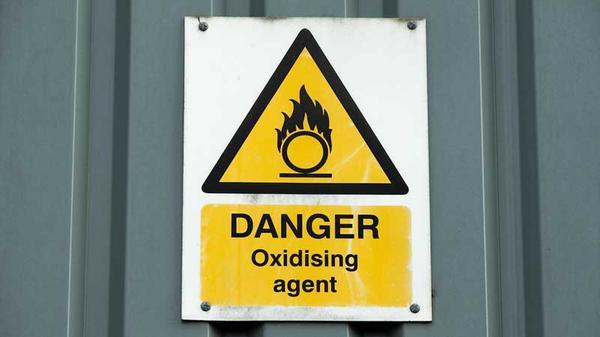
This could result in fertilisers being unaccounted for and stored or transported incorrectly, as well as falling into potential terrorist networks, with devastating consequences.
Because of FIAS, all fertilisers are now accounted for and sellers have to carry out rigorous checks to “know their customers” for full traceability.
Provided a due diligence defence in the event of a fertiliser incident
Sometimes the poor storage and transportation of fertilisers, as well as thefts and incidents, can lead to fertiliser explosions globally, which have had devastating human and infrastructure costs.
In the event of this, FIAS has provided a due diligence defence for the industry, and wider stakeholder group, and handle media enquiries. This provides strong reassurance that the sector is secure, safe, and traceable.
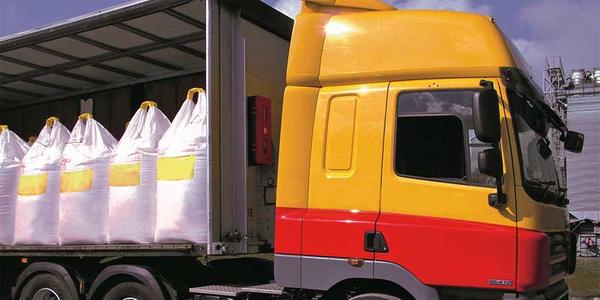
In the UK no major fertiliser incident has occurred since FIAS was set up, however, globally a number of major fertiliser incidents have occurred including United States, Lebanon, China, Mexico, France and Beirut.
These all resulted in the loss of life, casualties, and major infrastructure damage.
Produced a Standard and auditing framework
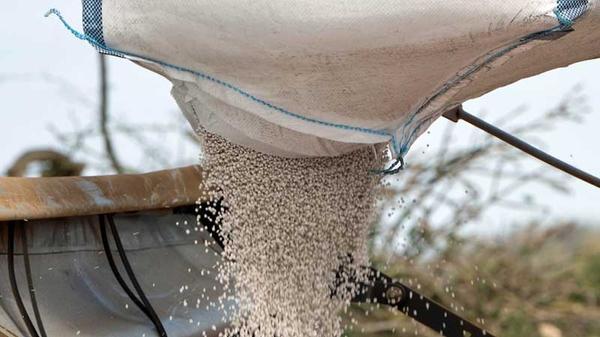
The FIAS Standard has been written by the industry, for the industry and considers the latest good practice the industry has adopted. Fully trained auditors are used to ensure that the industry adopts the relevant FIAS Standard.
The fifth version of this Standard is now in operation, which has been compiled by the FIAS Working Group. Over 500 independent audits are carried out on the supply chain each year.
Gained the support of the fertiliser industry
As FIAS has evolved, all parts of the industry have adopted the scheme, from merchants, manufacturers, stores, hauliers, and ports. This complete coverage ensures a secure supply chain with total traceability.
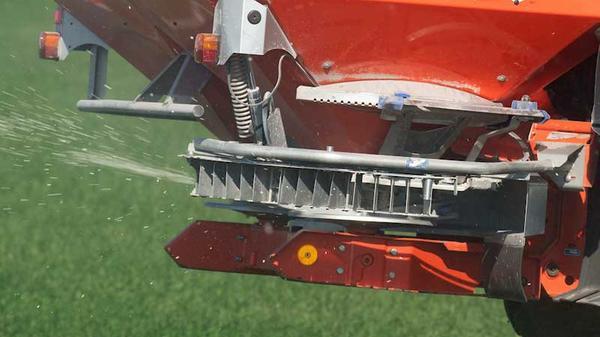
FIAS is supported by the industry, which provides an assurance framework in a changing sector environment. Farm assurance schemes also promote the purchase of fertiliser from a FIAS supplier, promoting secure supply chains right up to the farm gate and intended end user.
Over 95% of the industry is part of FIAS and for those that are not, FIAS companies have to carry out a self-assessment on their supply base.
Recognised security framework by the Government wider stakeholder industry group
FIAS is guided by a steering group which consists of stakeholders and government officials.
This group conveys any relevant security information that supports the wider public good and government policies.
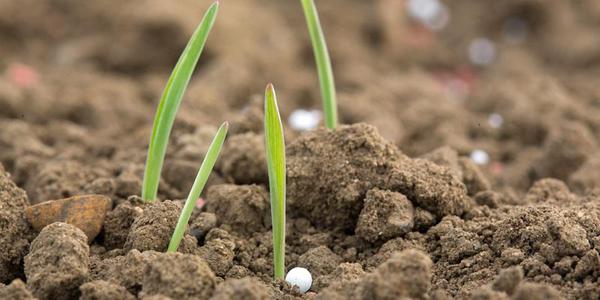
The scheme also has “Earned Recognition" with the Department for Transport, which reduces burden of site inspections by the competent authority.
Having this joined up approach ensures that FIAS remains fully relevant to the various objectives set.
The group consists of the following bodies:
- Department for Environment, Food, and Rural Affairs (Defra)
- Health and Safety Executive (HSE)
- National Counter Terrorism Security Office (NaCTSO)
- Home Office, Road Haulage Association (RHA)
- Red Tractor Farm Assurance
- Department for Transport (DfT)
- Port Skills and Safety
- Scottish Government
- Welsh Government
- Plus industry representatives, the audit and certification body, and AIC Executives
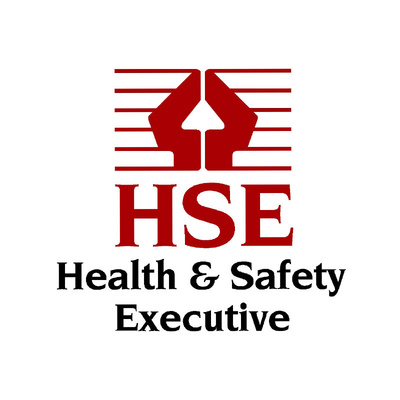
"The FIAS scheme has been in existence now for over 17 years and continues to achieve very broad acceptance from the wider fertiliser industry supply chain. It has been instrumental in ensuring that improvements to product quality and associated traceability requirements in GB have been and continue to be sustained. It is also very important that these improvements are maintained in the future."
Background
Why was FIAS developed?
Fertilisers have been used for many years in the development of improvised explosive devices (IEDs), the use of which by individuals and terrorist organisations has resulted in loss of life and significant disruption to commercial and business operations.
Watch the video below to find out more.
Government acts on risks
It was recognised by the Department for Environment, Food and Rural Affairs (Defra) that the risks posed by the misuse of fertilisers needed to be significantly reduced.
Several options were considered:
- A ban on ammonium nitrate (AN), the main source of nitrogen N in commercial fertilisers
- this would have placed UK agriculture at a competitive disadvantage
- Introduction of legislation
- this was considered to be overly onerous and costly to both government and industry
- Self-regulation by the fertiliser industry in the form of an assurance scheme
- considered the most effective and lowest cost option, this would deliver a level of independent auditing to the industry and provide a due diligence defence if required
The Agricultural Industries Confederation (AIC) as the leading trade association for the agri-supply industry in the UK, already managed other assurance schemes for feed and combinable crops.
AIC was approached by Government to manage and coordinate what became the Fertiliser Industry Assurance Scheme (FIAS).
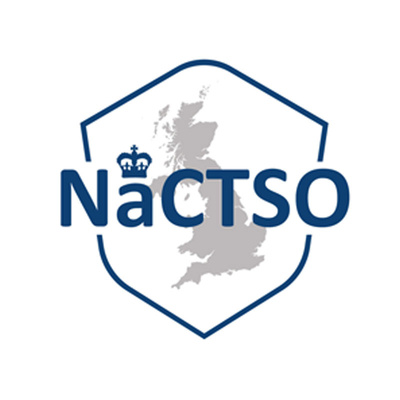
"The FIAS scheme provides independent audited reassurance that compliance with the standards is being followed by the respective members throughout the UK fertiliser industry. The scheme has ensured that the availability of fertilisers as a potential precursor element for terrorist groups is significantly reduced. Since the launch of the scheme some 20 years ago there has been no large-scale terrorist incident which has used fertilisers as a main component. It has been successful in achieving its aims by making the UK a safer place in which to live and work."
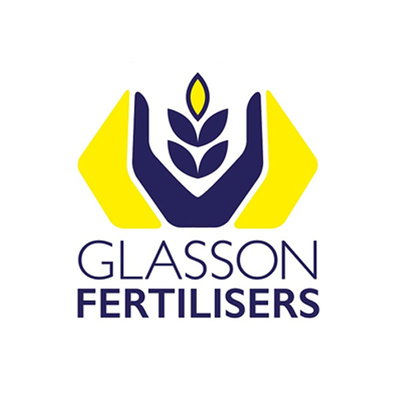
"FIAS has assisted us in ensuring that our management systems and controls are kept up to date and that we constantly improve and monitor all areas of our business. On a wider scale it has enabled the industry in the UK to achieve high standards of safety and security for fertilisers throughout the supply chain, manufacturing process and sale and delivery to farm without the need for cumbersome legislation."
Aims, Scope and Coverage
Aims
To provide the fertiliser industry with an assurance scheme that managed the security, safety and traceability issues of the supply chain by:
- Providing a framework to improve fertiliser security within the industry
- Achieving supply chain traceability
- Producing a recognised industry standard
- Providing a register and status checker of companies within FIAS
These are achieved through support from both the industry and stakeholders - By the industry, For the industry.
Scope
FIAS covers the assurance of all fertilisers intended for agriculture, horticulture, forestry, amenity and any other such commercial use. It does not apply to fertilisers packaged for home garden use. The issues and risks vary according to the type of fertiliser and therefore the scheme uses a business process risk assessment approach to achieve the necessary level of assurance.
FIAS has been developed in a joint exercise between the UK Government and devolved nations and the UK fertiliser industry to:
- Give regulators confidence in the product stewardship exercised by the fertiliser industry
- Ensure the supply of fertiliser is managed such that products can be used only for legitimate purposes
- Ensure that the UK fertiliser supply chain is managed at all stages with regard to security, public safety and the environment
The FIAS assured fertiliser supply chain

The scheme covers the entire supply chain of fertiliser from sourcing through to delivery of finished products to final user and all related activities. FIAS assures compliance of each stage to the following principles:
- Legislation: Specific legal compliance – businesses must meet all regulations applicable to their activities
- Security: Prevention of unauthorised access to and/or removal of the product and ensuring that fertiliser is only supplied to legitimate businesses
- Traceability: Identification of batches of raw materials to origin, and identification of batches of finished product to user
- Safety: Product complies with the legislative safety requirements
- Good Practice: Effective management controls to ensure that the requirements of this standard, environmental measures and relevant fertiliser industry Codes of Practice are implemented
Coverage
The scope of FIAS is deliberately set to cover all fertilisers. It doesn’t just apply to nitrogen-based fertilisers and ammonium nitrate although these may have the greatest potential for causing damage if misused or mishandled. It applies to all fertilisers for commercial use in all formats, including solid and liquid products, throughout the supply chain. Materials which can seem innocuous may have the potential for misuse if for example, quantities are accumulated (such as antifreeze). A key element of the FIAS standard is the business process risk assessment which allows consideration of risk and control for different types of fertiliser materials and products. Legislation and other codes of practice can also apply to fertiliser materials and products. FIAS builds upon this to require specific consideration for safe and secure storage and transport, verification of purchaser or end user and full traceability.
Structure
The below organogram shows the structure of FIAS.
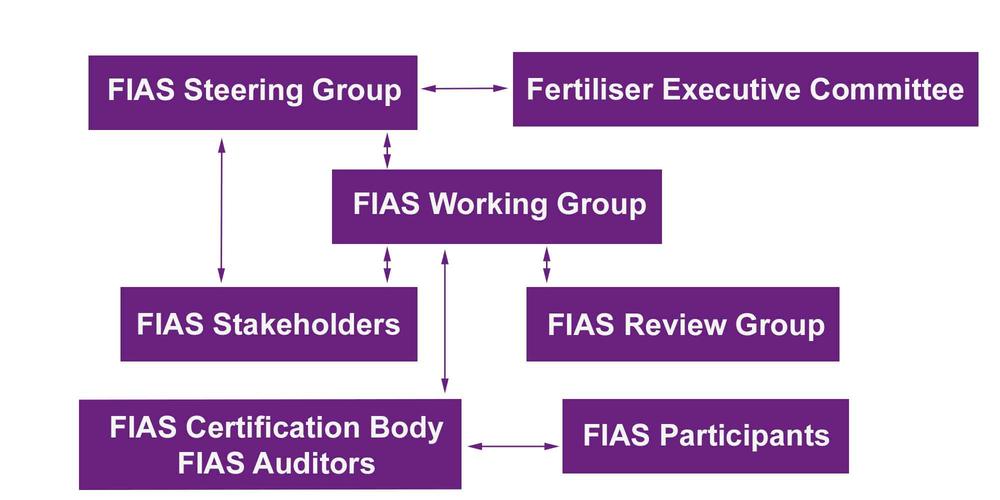
Who is part of each group and what is their role?
- FIAS Steering Group: Industry, stakeholders, the Certification Body and AIC Services providing the scheme's strategy and support
- FIAS Working Group: Industry, the Certification Body and AIC Services to provide practical implementation, agree and review the Standard
- Certification Body: Participant registration, compliance certification staff, auditors
- Participants: Fertiliser industry companies who apply for certification
- AIC Services: Manages and coordinates the scheme, committee meetings, certification body, scheme communications, participant support
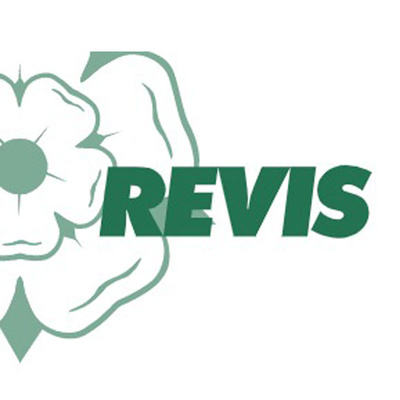
"As an early adopter of FIAS, we joined to help ensure there was transparency and visibility for the security aspects of transporting fertiliser, without the need for further legislation and Government intervention. FIAS helps implement and raise best practice standards for all Participants, especially hauliers."
Relevance
The terrorist threat has evolved, with incidents more likely to be by an individual, variable motivations and increased use of vehicles as weapons but there are still incidents of suspicious activity and attempts to purchase fertiliser materials with plans to misuse. FIAS has made it difficult for those who want to cause harm or damage to acquire fertiliser materials - it is important to maintain awareness and understanding of the principles and ways that the fertiliser industry stewards its products. This does not mean the threat has gone away - unfortunately, there are still those who wish to disrupt or cause harm.
Not all fertilisers are prone to misuse, but FIAS also provides the industry with traceability and best practice for safe handling and storage. These help to prevent incidents which risk endangering lives and environmental pollution.
FIAS works in conjunction with legislation and regulations to provide the fertiliser industry with:
- Self-regulation and avoidance of further legislation which could restrict trade and product availability
- Regular inspection of the supply chain
- Confidence for the regulators
- Confidence for the public e.g. reassurance following the Beirut explosion
- Due diligence for the industry
FIAS stakeholders
Stakeholders that we work with include:
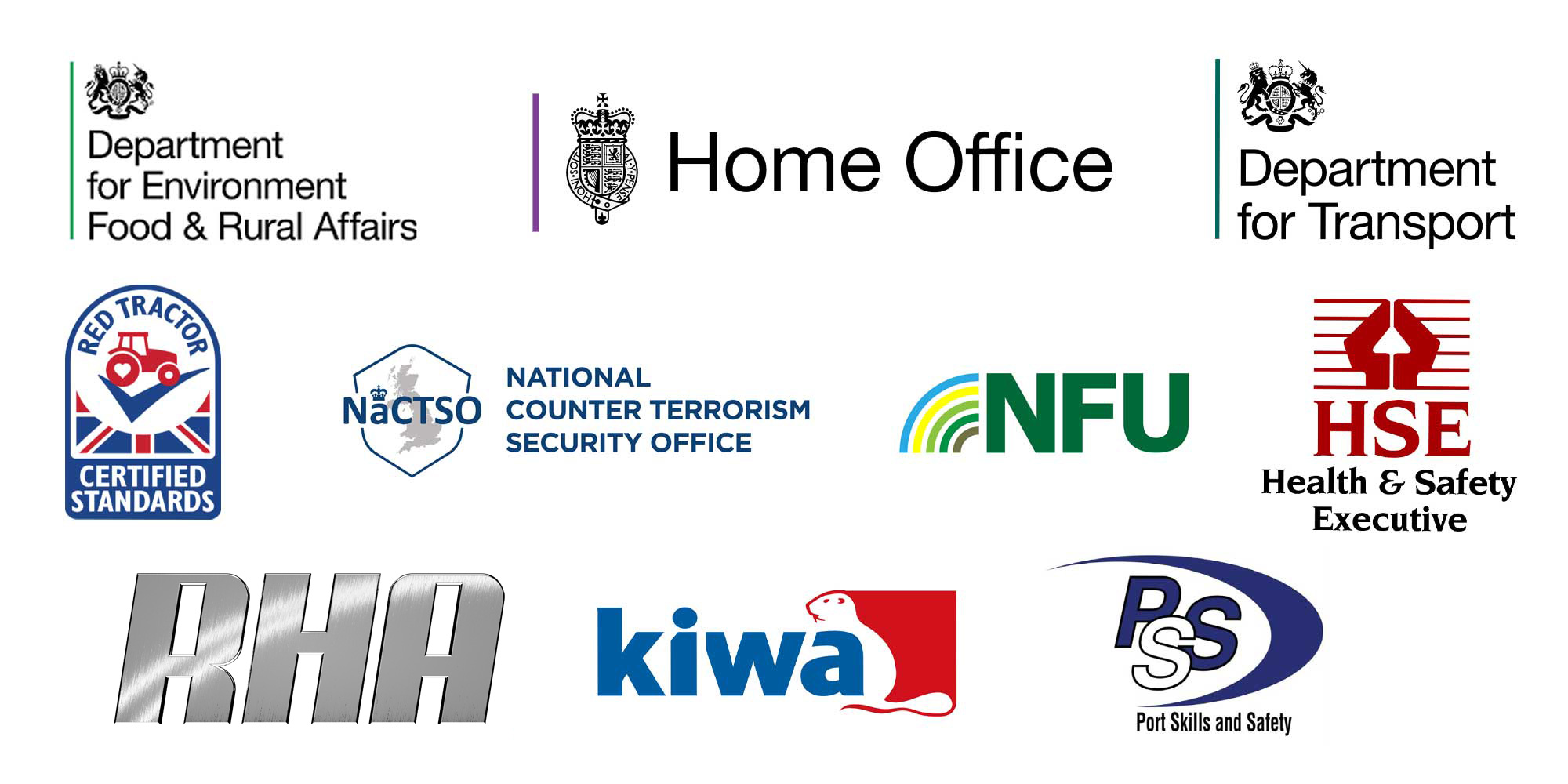
Here and Now
FIAS succeeds because of the support of businesses across the fertiliser supply chain. The FIAS Standard contains best practice for all types of businesses in the sector and across a wide range of product types, both hazardous and non-hazardous.
Being audited against the Standard allows Participants to develop their business practices and maintain industry standards, as well as to provide a due diligence defence in the event of incidents.
The scheme is based on risk assessment with each Participant responsible for recognising the hazards and implementing controls specific to their business.
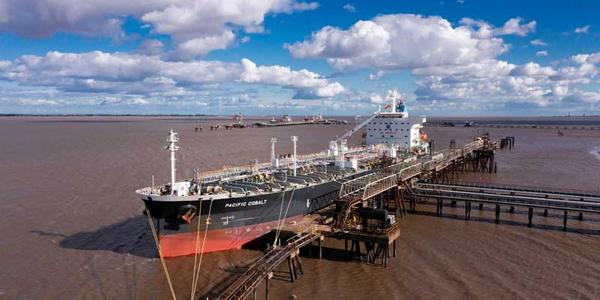
A key part of the scheme is the operation of the certification process and much effort goes into ensuring auditors are well-trained and have relevant experience.
Being FIAS certified is valuable for Participants and robust systems to ensure consistency of auditing are important.
AIC Services manages the overall scheme with Kiwa Agri Food as the Certification Body.
How does FIAS work?
AIC Services and its relevant committees create, regularly review and update the FIAS Standard, and a Certification Body is appointed to manage the scheme.
Participants in the scheme are routinely audited for compliance against the FIAS Standard and, if successfully completed, receive a certificate of compliance valid for one year.
Watch the overview video below to find out more.
What is a Certification Body?
AIC Services appoints a Certification Body for each Scheme. This is necessary as AIC Services and the Scheme committees are responsible for creating the food and feed assurance Standards.
The Certification Body is Kiwa Agri Food, a role that is contracted via a tender process at regular intervals. Kiwa has a deep knowledge of the Schemes.
It organises and manages the day-to-day operation of the schemes, which includes core interactions with Participants such as booking audits, collecting fees, reviewing action points and their corrective actions.
As a Certification Body, Kiwa must comply with internationally recognised assessment standards such as ISO17065 and are approved to certify the Schemes by the UK Accreditation Service (UKAS).
What is UKAS accreditation?
The accreditation is fundamental in giving our stakeholders complete confidence that there is a reliable interpretation of the food and feed assurance standards. Find out more on the UKAS website.
Collection of data and statistics forms the basis for Steering Groups and Working Groups actions and how the Schemes develop in the future.
Accreditation also supports the Earned Recognition of the Schemes by government departments and relevant authorites.
This government recognition means that Participants are subject to fewer inspections from the relevant authorities.
Who are the auditors?
Auditors are people with experience of the feed and food industry who are trained on how to audit and check how a business meets the requirements detailed in the clauses of the Standards.
Auditor training includes how to deliver and conduct an audit to ensure a full assessment is carried out, communicate effectively with the Participants and a detailed understanding of the requirements of Standards.
Approval to be an auditor is gained through classroom training, shadowing approved auditors and carrying out witnessed audits. Once approval is gained, witnessed audits continue at regular intervals.
How are audits kept consistent?
Training is key here - shadow audits, internal training, and audits witnessed by UKAS all help to ensure that the food and feed assurance Standard is applied robustly, consistently and without bias for all Participants.
Visit the Kiwa website to find out more about audits.
How do Participants stay updated?
FEMAS, TASCC, and UFAS Participants and industry stakeholders have a range of ways to keep up to date with the work of the Schemes, including:
- Newsletters - a twice yearly publications covering topical issues and scheme updates
- Trade Assurance Checker - a current list of Participants and their certification status
- Webinars
- Reports to committees
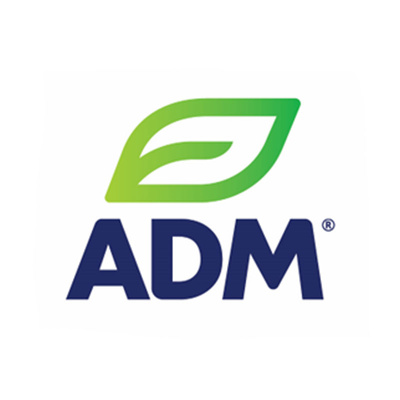
"FIAS membership gives our business the confidence that the systems, company policies and procedures implemented continuously maintain the high standards set out by the scheme. We can then ultimately provide the best product and services to our customers making sure that the legislative requirements in regard to security, safety and traceability of the product are met."
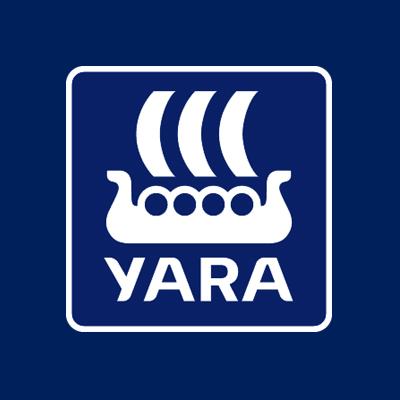
"After 17 years the scheme is still forefront in the UK fertiliser industry and continues to demonstrate commitment to product stewardship by its accredited Members. It enables companies in the sector to be confident that their suppliers and customers are equally committed, and we would encourage any non-FIAS businesses to join the scheme."
Earned Recognition
Earned Recognition is an agreement between the Department for Transport (DfT) and AIC Services for the FIAS Scheme and relates to hauliers operating under the Carriage of Dangerous Goods (CDG) legislation, including ADR.
In effect, this means that FIAS certification is taken into account on any inspection visits that DfT carry out on hauliers transporting fertilisers which are high consequence dangerous goods. This could result in reduced inspections or reduced time on site so is a benefit to the hauliers.

AIC Services and Kiwa Agri Foods work closely with DfT to maintain the Earned Recognition status, regularly reviewing how FIAS is operating to confirm that the required level of compliance is maintained.
Find out more about the benefits of FIAS for hauliers below.
Challenges
As in any industry change is inevitable, and the fertiliser sector is experiencing change in many ways - both at a global and domestic market level. FIAS provides the industry with a bedrock of self-regulation throughout changing times.
Watch the video below for an overview of the fertiliser sector.
In recent years the industry has faced multiple significant challenges, including changes and divergence in regulations resulting from EU Exit, gas supply issues affecting price and UK production, sustainability policies on emissions, changes in the type and use of fertiliser products, and concerns about food security.
These are explored further below by AIC's Head of Fertiliser, Jo Gilbertson.

Jo Gilbertson
Jo Gilbertson is AIC’s Head of Fertiliser and is based at our Head Office in Peterborough.
Jo is responsible for the management and coordination of all matters relating to the production and distribution of fertilisers on behalf of Members.
Graduating with a BSc (Hons) in Environmental Health, he has additional post graduate qualifications in air pollution control, health and safety, advanced negotiation skills, and quality assurance management.
Post-EU Exit regulation
After the UK withdrew from the European Union in 2021, the Government adopted a "lite version" of REACH - an EU regulation passed to improve the protection of human health and the environment from the risks that can be posed by chemicals, while enhancing the competitiveness of the EU industry.
In doing so, the UK converted a global registration process into a regional one, meaning the vast global inventory of chemical products (which includes fertilisers) needed to be re-registered by businesses trading in the UK.

This process is viewed as wholly unworkable by all stakeholders, with the exception of the UK regulatory authorities. In July 2023, the Government has responded to pressure from AIC and others by announcing a three-year extension to the registration deadlines.
However, this merely delays the inevitable issue of the fertiliser industry requiring the Government to accept that the UK should adopt a system that fully recognises existing EU REACH registrations in the UK. This would avoid the unnecessary cost and resource effort of duplication and re-registration.
Legislative divergence
The UK's exit from the EU saw the UK adopt all former EU legislation into the UK statute book. Perversely and by coincidence of poor timing, the EU has adopted a new regulation covering the formulation and labelling of fertilisers.
The result is that EU-manufactured fertilisers are made and marketed under different parameters to the UK, which in turn has two competing and conflicting regulations of its own for fertiliser - one being the Fertilisers Regulations 1991 of Great Britain, and the other being the adopted EC Regulation 2003/2003.

The impact of this has been felt in subtle ways. Technically, the withdrawal from the EU meant that EU laboratories for testing fertilisers were no longer legally recognised by the UK, and therefore all Detonation Resistance Testing - a crucial safety test - had to be undertaken in the Health and Safety Executive's own laboratory in Buxton.
Subsequently, this facility went offline and is unable to commercially test ammonium nitrate. AIC lobbied Defra for a change in the regulations and special legislation had to be passed to allow a resumption of testing using specific EU laboratories.
Similarly, a dispensation has been temporarily granted to allow fertilisers marketed in accordance with the European Fertiliser Product Regulations to be distributed in the UK without repackaging and relabelling.
AIC is working closely with Defra in seeking a consolidation of the UK fertiliser regulations to ensure that the benefits of cross-border fertiliser marketing may be continued, given that the UK imports the vast majority of its fertiliser requirements, while also recognising that the existing European regulations are so complicated as to be practically unworkable.
Industry changes
At the time of writing in 2023, the fertiliser industry has been battered by instability caused by global impacts affecting the availability and cost of various inputs.
The war in Ukraine has damaged trade with Russia regarding the availability of chemical precursors used in the manufacture of fertilisers - specifically gas and ammonia - and led to a de facto ban on the availability of Russian finished products, such as fertilisers which constituted some 30% of the global market.
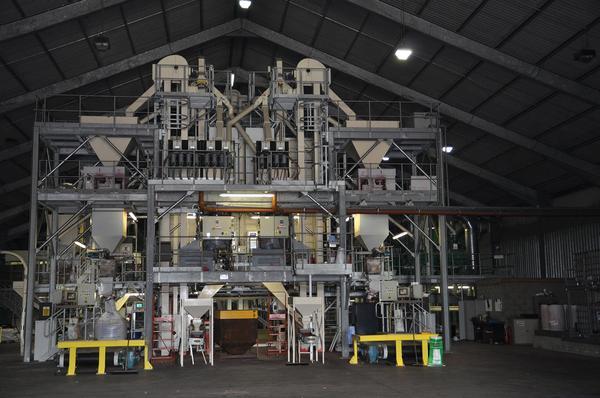
This in turn has affected the ability to manufacture fertilisers within Europe, particularly regarding the volatility of gas price.
It is to the industry's credit that it has remained both resilient and competitive during this hiatus. Manufacturers have sought to explore and secure new channels of supply for fertiliser finished materials and imports of ammonia feedstock, which is now supplementing most ammonia production in Europe and the UK.
Sustainability, urea and ammonium nitrate
AIC continues to face regulatory challenges head on in defence of ensuring the availability and widest possible choice of fertiliser. It has lobbied against an outright ban on the use of urea as a fertiliser and devised and offered an alternative option for urea and urea ammonium nitrate without the use of inhibitors year round.
This non-regulatory solution has been accepted by Government and is colloquially now known as "Option 4" - a voluntary scheme managed by the fertiliser industry.
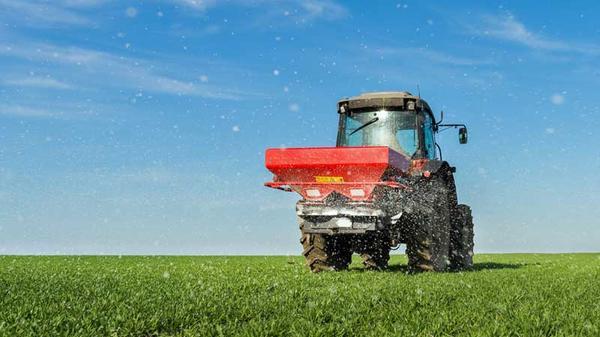
AIC maintains its defence of the availability of ammonium nitrate in the UK market. In the face of Home Office efforts to restrict sales by requiring a purchaser to show photo ID, it is seeking to find a means of making this requirement workable in practice by working with the fertiliser industry's core customer base to find collaborative solutions in which the Government can have confidence.
Self-regulation
Self-regulation via FIAS has supported the industry, maintained and driven improvements in product safety, security and traceability. This has generated confidence with authorities and stakeholders. Maintaining this is an ongoing challenge.
Without self-regulation, the fertiliser industry could face a future with reduced control over the type of fertilisers used, the level at which they can be used and therefore reduced opportunities for innovation to support the market as it continues to develop with consideration of climate change, sustainability and in variable economic situations.
Fertiliser's role in food production
Fertiliser feeds the plants that make food. Use of organic and mineral fertilisers ensures that the plants and crops grown for our food are supplied with the nutrients they require to grow successfully, healthily and in sufficient quantities to supply a growing world population. FACTS advisers work with farmers to provide professional advice on crop nutrition.
Gaining and increasing the understanding among government, stakeholders and the public that fertilisers are key to food security remains a core challenge for the industry.
Safety and advice
FIAS focuses on safety and security of fertilisers, including those which can be used with intent to harm or cause damage or for which safe storage and handling is key to avoid accidents. This will always be a challenge for the industry to face.
The FIAS Guide to Storing Fertilisers "Think Safe, Be Safe" campaign and the AIC-endorsed National Counter Terrorism Security Office (NaCTSO) five-point plan are strong examples of advice the sector provides to the supply industry to the end user.
Watch the video and download the safety leaflet below.
Find further advice on the ProtectUK website.
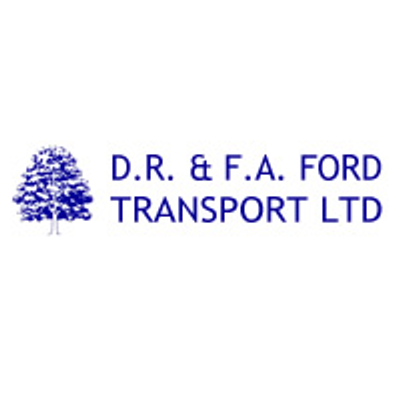
"FIAS was originally introduced to reduce the potential of security breaches, this threat is still applicable and ever present. FIAS has achieved the ability to bring together manufacturers, traders, transport providers and customers into one synergy. The scheme works well especially from the traceability factor, moving forward there may be changes but the scheme has the ability and robustness to react."
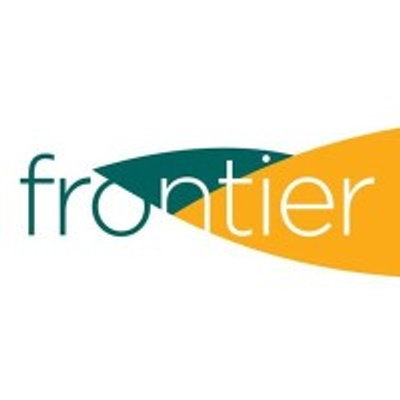
"Using FIAS certified transport gives us confidence that our fertiliser will be delivered safely and securely. FIAS also ensures that product collection and delivery is fully traceable throughout the transport chain."
In Numbers
Scheme data is collected and reviewed by AIC Services and the FIAS committees, including information on participant numbers per industry sector, numbers of audits completed, numbers of non-conformances raised and the most common non-conformances seen.
All of this information is used to ensure the scheme operates as required, is fulfilling its role in the assurance of the fertiliser supply chain and where changes to the Standard or guidance may be required or additional training provided for Participants.
630+ Participants*
530+ Audits per year
86.2%
of Participants agree/strongly agree
that FIAS benefits their business**
*as of May 2023. Total number of certified Participant sites.
**106 responses from AIC Services survey in 2022.
Key graphs and trends
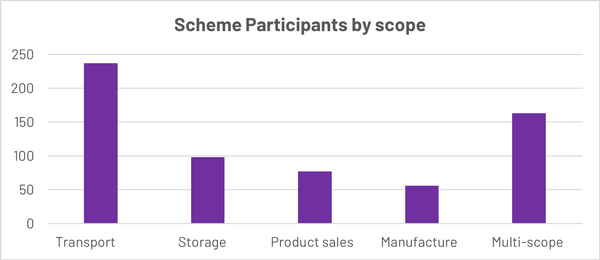
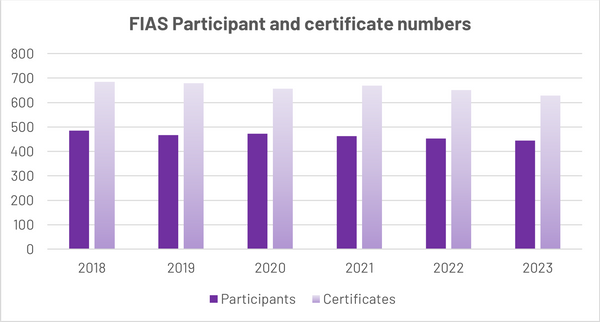
- Numbers participating in the FIAS scheme have declined slightly over the years, mainly due to mergers and acquisitions. Recent changes in the fertiliser markets may also be having an effect, particularly in the transport sector.
- Certificate numbers are greater than Participants as each Participant business may have more than one site or scope.
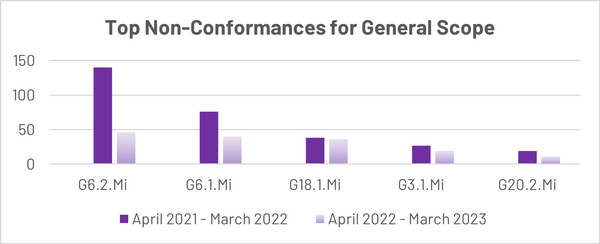
Learn more
| General | Common Non-Conformances |
| G6.2.Mi | As a minimum, a designated person must complete the relevant AIC i-learning module or equivalent training package |
| G6.1.Mi | The Company shall ensure that all personnel are trained. Records of training and competence shall be kept |
| G18.1.Mi | The Company shall plan and conduct internal audits |
| G3.1.Mi | Senior management shall carry out an annual review |
| G20.2.Mi | The Company shall have a documented procedure that outlines the actions to be taken in the event of any suspicious or unusual activity |
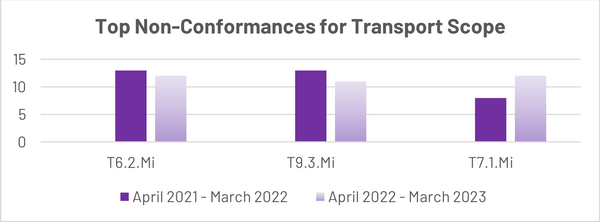
Learn more
| Transport | Common Non-Conformances |
| T6.2.Mi | ADR requires the appointment of a qualified Dangerous Goods Safety Adviser (DGSA) and hold a copy of the DGSA’s current certificate and annual report |
| T9.3.Mi | Upon receipt, the receiving Company shall provide the delivery driver with the signature and full printed name of the representative receiving the product |
| T7.1.Mi | Vehicles, whether hired, leased or owned shall be equipped with the necessary safety equipment, identification and documentation |
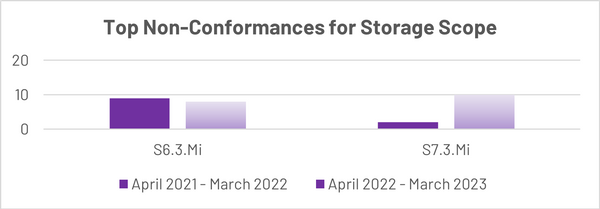
Learn more
| Storage | Common Non-Conformances |
| S6.3.Mi | ADR requires the appointment of a qualified Dangerous Goods Safety Adviser (DGSA) and hold a copy of the DGSA’s current certificate and annual report |
| S7.3.Mi | The Company must obtain a signature and printed name of the driver to confirm the load details |
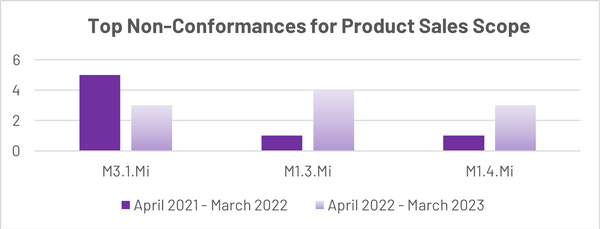
Learn more
| Product Sales/Merchant | Common Non-Conformances |
| M3.1.Mi | Advice to the customer is provided by a current FACTS Qualified Adviser with current Membership of the BASIS Professional Register |
| M1.3.Mi | Sales of fertiliser must only be made to merchant customers who are FIAS Certificated or are approved as per Clause G16 |
| M1.4.Mi | The Company must have systems in place to ensure that non-FIAS certificated Merchants are not able to purchase fertiliser unless audited |
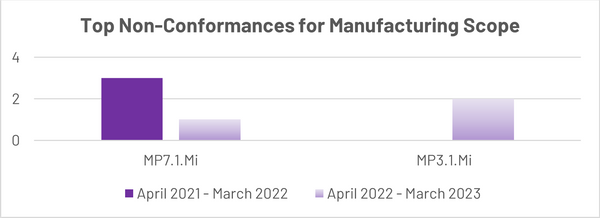
Learn more
| Manufacturing | Common Non-Conformances |
| MP7.1.Mi | The Company shall calibrate all equipment that is used and maintain a schedule of calibration plus investigate the consequences of any failure |
| MP3.1.Mi | The Company shall ensure that the manufacturing operation is carried out under controlled conditions |
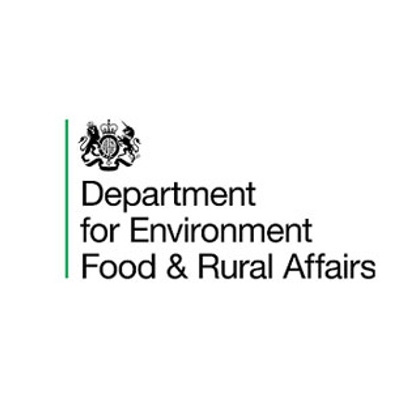
"FIAS has been widely accepted and has become an integral part of the fertiliser supply chain. It is regularly updated in line with regulation and legislation changes. Defra fully endorses FIAS and continues to support the scheme and its future development. The links it provides with the fertiliser industry, other Government Departments and relevant agencies. The supply chain from manufacturing, importing, blending, merchants and transport of fertiliser products to the end users across the country ensures the safety, security and traceability of fertilisers."
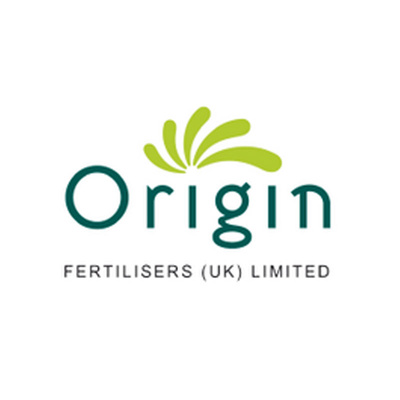
"We support FIAS in recognition of the many features and benefits it offers to all Participants within the fertiliser supply chain to ensure safety, security, and traceability throughout. The fertiliser supply chain must remain tightly controlled to ensure that fertilisers may only be used by bona-fide customers for legitimate purposes. This not only addresses the concern for fertiliser security, but that also of the safety of the population and integrity of the environment. Various online tools, portals and training platforms give added benefits to Members and Participants. Trained and competent auditors ensure FIAS Participants are operating in compliance to the scheme."
Support for Participants
As soon as a fertiliser business joins the FIAS scheme, they have access to support from both AIC Services and Kiwa Agri Food.
Direct contact can be made with the scheme managers in both organisations regarding queries on interpretation, how the FIAS Standard is applied and general advice on compliance.
Incidents and concerns should also be reported as described in the Scheme Rules. Guidance and information on FIAS can be found on the AIC website.
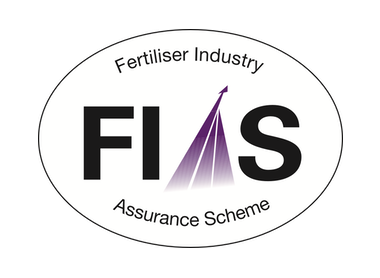
FIAS - Fertiliser Industry Assurance Scheme
Provides an assurance system to ensure that the security, safety and traceability of fertilisers meet the requirements defined by legislators and industry.
This includes
- FIAS Standard document - available for download as a PDF
- An online version has been launched in 2023 as a useful alternative way of viewing and downloading the Standard with links to legislation and references
- Templates - these provide a starting point for key records required by FIAS
- Formatted documents can be customised and completed by Participants
- Checklist - a downloadable version of the FIAS Standard which can be used for internal auditing and can be downloaded by page or section as required
- FIAS Update - newsletters issued twice a year covering topical issues and informing Participants of what is happening within the scheme and relevant legislation changes
Further information is available on AIC's fertiliser sector webpages, some of which is restricted to AIC Members.
Training
Access to FIAS i-learning is via the AIC-Kiwa portal. For log-in details contact [email protected] or call 01423 878875.
FIAS i-learning provides modules for Storage, Product sales and for Transport businesses, there are Driver and Transport Manager courses. These are free of charge for Participants.
Kiwa Training has developed a FIAS Driver Certificate of Professional Competence (CPC) course which is accredited to form part of the driver training required for national qualifications.
For further information contact Kiwa Training by emailing [email protected] or find more information on the AIC Academy web page.
Other support
AIC also provides a range of other useful tools and resources for FIAS Participants.

AIC Trade Assurance Checker
Recently updated to have the most recent certification status information from Kiwa, the Checker provides the current certification status of any participant in the trade assurance schemes. With free public access, it is searchable by company name, address and postcode and filterable by scheme and certification status.
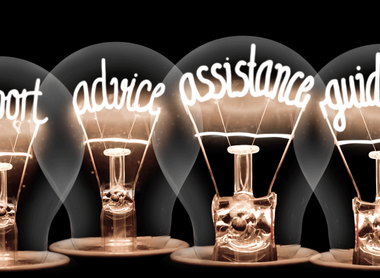
Trade Assurance Consultant Register
The AIC Services Trade Assurance Consultant Register has been developed to support participants of AIC Trade Assurance Schemes. It provides information on sources of professional advice related to our schemes.
AIC-Kiwa portal access
The Participant Portal is proving to be very useful as a way for Participants to view their audit reports, update non-conformance actions and upload documents relevant to their FIAS compliance and access their i-learning modules.
Uploading documents in advance of an audit helps to maximise the usefulness of audit time on site which benefits both the Participant and the auditor.
This portal is managed by Kiwa. If you have any issues logging into this portal please either use the forgotten password links on the portal page or contact Kiwa directly by calling 01423 878873.
"FIAS has helped support and drive continuous improvement in the security, safety and traceability of fertilisers across the industry since it was launched in 2006. It is an assurance scheme that is well recognised and greatly valued by all of its stakeholders."
Future
FIAS has changed and grown over the years to meet the needs of the industry, its Participants and its stakeholders.
Thanks to FIAS, all fertilisers are accounted for and sellers have to carry out rigorous checks to “know their customers” for full traceability in the supply chain.
With ongoing support and cooperation, FIAS is looking to the future with continuing improvement and providing authorities and the public with reassurance and confidence in well-managed and secure supply chains.
The Scheme will continue to take account of the ever-evolving market and regulatory landscape to uphold its core purpose of facilitating a safe, secure and traceable supply chain for fertilisers in the UK.
Future developments
Agile auditing
The coronavirus pandemic had wide ranging effects on auditing of schemes with restrictions on travel and access to Participant sites.
Remote auditing was introduced, with approval from UKAS, to ensure that compliance audits and certification could continue. This accelerated the use of supporting technologies, such as video calls and the AIC-Kiwa portal for uploading of documents.
Compliance standards and levels of non-conformances have been monitored and shown to have remained stable across both remote auditing and subsequent return to on-site audits.
There are benefits to both audit formats and some Participants preferred one type over the other. As a scheme, FIAS aims to provide flexibility for Participants and will use both formats in the future, considering the security and product safety risks associated with different scopes.
Further flexibility around the required frequency of on-site versus remote audit is under consideration for later in 2023 for some scope categories and business type or size.
The AIC-Kiwa Portal has been beneficial in allowing the upload of documents prior to audit, ease of storage for FIAS records and allowing Participants to upload corrective actions as part of the audit process.
The majority of Participants find the portal easy to use and time saving. Auditors have found that time on site can be used more effectively when documents have been preloaded.
The Portal will continue to develop for example by including a list of all records required for audit and investigating an option to hold approved contractor lists and audit information with a function to remind when next audits are due.
Further training and support
Participants are encouraged to contact either Kiwa or AIC with questions about the scheme or the contents of the Standard, as well as make suggestions for topics requiring scheme consideration.
Some projects on the horizon include:
-
Webinars and animations are useful, time-efficient ways to provide bite-sized information
-
Developing a series of these covering specific topics relevant to the Standard, such as ways to complete internal audits or management reviews to maximise benefits to business and aid compliance
-
-
Reviewing and updating of i-learning modules to refresh and incorporate new legislation, product types, references and guidance
-
Reviewing and issuing of the next version of the scheme Standards
- Developing functionality of the AIC-Kiwa Portal to enhance the audit process
Implementing relevant legislation and market changes
AIC's fertiliser sector is involved with government departments to ensure the voice of the agri-supply industry is heard during the development, amendment and consultation processes for legislation and regulations.
EU Exit and sustainability policy means that several pieces of legislation may change over coming years.
As changes are implemented, they are reviewed by the scheme committees and the effects on Participants assessed.
Where Participants are impacted, information and support to meet any new requirements is developed, for example, webinars, template documents, briefings, question and answer sessions.

Where changes to the clauses of the food and feed assurance scheme standard are required – these will be managed through the review and consultation process by the scheme committees for communication to Participants and auditor training provision.

"FIAS is needed to ensure that fertiliser supply chains remain safe, secure and traceable in the future. Threats include the poor storage or transportation of fertilisers as well as the use of fertilisers in improvised explosive devices. The scheme ensures that these threats are minimised. The scheme will continue to develop in line with legislation and industry changes. This will be carried out in conjunction with the industry and stakeholders to ensure FIAS continues to meet the needs of the industry both now and in the future."






